FTC Challenges Court Ruling On Microsoft's Activision Blizzard Buyout
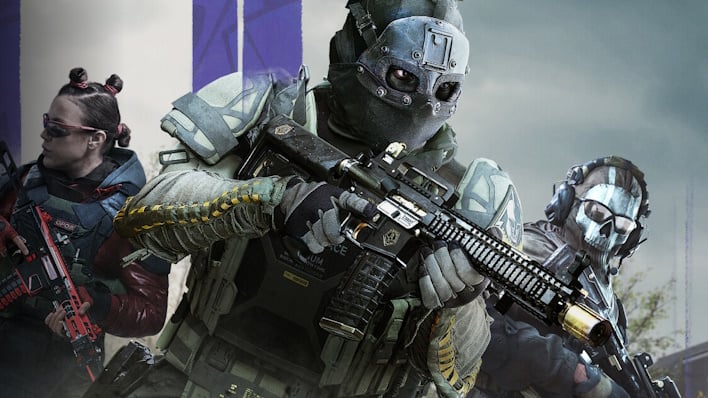
Table of Contents
The FTC's Arguments Against the Merger
The FTC's opposition to the Microsoft Activision Blizzard buyout rests on two primary pillars: concerns about market domination and the stifling of competition in the burgeoning cloud gaming market.
Concerns about Market Domination: The FTC argues that the merger would grant Microsoft an unacceptable level of control over the video game market. They specifically point to the immense popularity of Activision Blizzard franchises like Call of Duty, World of Warcraft, and Candy Crush as key evidence.
- Microsoft's existing market power: Microsoft's Xbox already holds a significant market share, and the acquisition would add Activision Blizzard's substantial catalog, potentially creating an insurmountable barrier to entry for competitors.
- Potential anti-competitive practices: The FTC fears Microsoft could leverage its control over popular franchises to exclude competitors, potentially making them unavailable on rival platforms like PlayStation or Nintendo Switch. This could lead to reduced consumer choice and stifled innovation.
- Impact on consumers: The FTC argues that the lack of sufficient competition could lead to higher prices for games, reduced quality, and less innovation in the gaming industry. Consumers could ultimately lose out on diverse gaming experiences.
Concerns Regarding Cloud Gaming: The FTC expresses significant apprehension about the potential impact on the rapidly growing cloud gaming market. They fear Microsoft could use its newfound power to restrict access to popular Activision Blizzard games on rival cloud gaming platforms.
- Limiting access to popular games: Microsoft could make Activision Blizzard games exclusive to its own cloud gaming service, Xbox Cloud Gaming, thus hindering the growth and competitiveness of other cloud platforms.
- Long-term consequences: This could stifle innovation and prevent the development of a truly competitive cloud gaming ecosystem, ultimately limiting consumer choice and potentially hindering the overall growth of the cloud gaming market.
The Court's Ruling and the FTC's Appeal
Summary of the Court's Decision: A US District Court judge initially ruled in favor of Microsoft, dismissing the FTC's attempts to block the merger. The court's decision emphasized that the FTC hadn't presented sufficient evidence to prove the merger would substantially lessen competition.
- Key points from the judge's reasoning: The judge considered arguments regarding market definition, the likelihood of anti-competitive behavior, and the potential harm to consumers. The judge found the FTC’s arguments unconvincing on several key points.
- Dismissed arguments from the FTC: Some of the FTC's claims, particularly those focusing on the potential for anti-competitive behavior in the cloud gaming market, were deemed insufficient to justify blocking the merger.
The FTC's Appeal and Next Steps: Undeterred by the initial court ruling, the FTC has appealed the decision. This sets the stage for a potentially protracted legal battle.
- Timeline of potential court dates: The appeal process will likely involve multiple stages, potentially including briefs, oral arguments, and a final ruling by a higher court. This could take months, even years, to resolve.
- Possible outcomes: The appellate court could uphold the lower court's decision, reverse it, or send the case back for further consideration. The outcome will have significant ramifications for the gaming industry.
- Potential legal strategies: The FTC might present new evidence or refine their arguments to bolster their case on appeal, focusing on aspects previously deemed insufficient by the lower court.
Implications for the Gaming Industry and Consumers
Potential Impacts on Game Prices and Availability: The Microsoft Activision Blizzard buyout, if allowed to proceed, could significantly alter the gaming landscape.
- Potential price increases: The merger could lead to higher prices for popular Activision Blizzard games, especially if they become exclusive or near-exclusive to Xbox platforms.
- Exclusive titles on Xbox: The possibility of Activision Blizzard titles becoming Xbox exclusives could significantly impact the competitiveness of other platforms like PlayStation and potentially harm the overall gaming market.
- Impact on PlayStation and other platforms: The loss of popular franchises like Call of Duty from competing platforms could dramatically alter the market share and appeal of those consoles.
The Broader Impact on Competition and Innovation: The long-term effects of this merger extend far beyond individual game prices.
- Potential for decreased innovation: A less competitive market could stifle innovation, leading to fewer new ideas and a less diverse range of gaming experiences.
- Reduced consumer choice: Consumers could face reduced choices in terms of platforms, games, and subscription services.
- Overall health of the gaming ecosystem: The outcome of this case will profoundly impact the overall health, dynamism, and competitiveness of the gaming ecosystem as a whole.
Conclusion:
The FTC's challenge of Microsoft's Activision Blizzard buyout is a crucial antitrust case with significant implications for the future of the gaming industry. The FTC's concerns regarding market domination and the stifling of competition in the cloud gaming market are serious and warrant careful consideration. The outcome of this legal battle will determine whether Microsoft will gain control over a significant portion of the gaming market and how this consolidation will impact consumers and competition. The appeal process will be closely watched, and its resolution will significantly impact the future of gaming. Stay informed about further developments in this significant antitrust case by following relevant news sources for updates on the FTC's challenge of Microsoft's Activision Blizzard buyout and its eventual outcome. Keep an eye out for updates on the Microsoft Activision Blizzard acquisition and the FTC antitrust lawsuit to understand the future of the gaming industry.

Featured Posts
-
 From Power Suits To Effortless Chic Ysls Pfw Suit Collection Analyzed
Apr 25, 2025
From Power Suits To Effortless Chic Ysls Pfw Suit Collection Analyzed
Apr 25, 2025 -
 Eurovision 2024 Director Defends Israel Hosting Amid Boycott Calls
Apr 25, 2025
Eurovision 2024 Director Defends Israel Hosting Amid Boycott Calls
Apr 25, 2025 -
 Kot Kellog Posetit Ukrainu 20 Fevralya Podrobnosti Ot Smi
Apr 25, 2025
Kot Kellog Posetit Ukrainu 20 Fevralya Podrobnosti Ot Smi
Apr 25, 2025 -
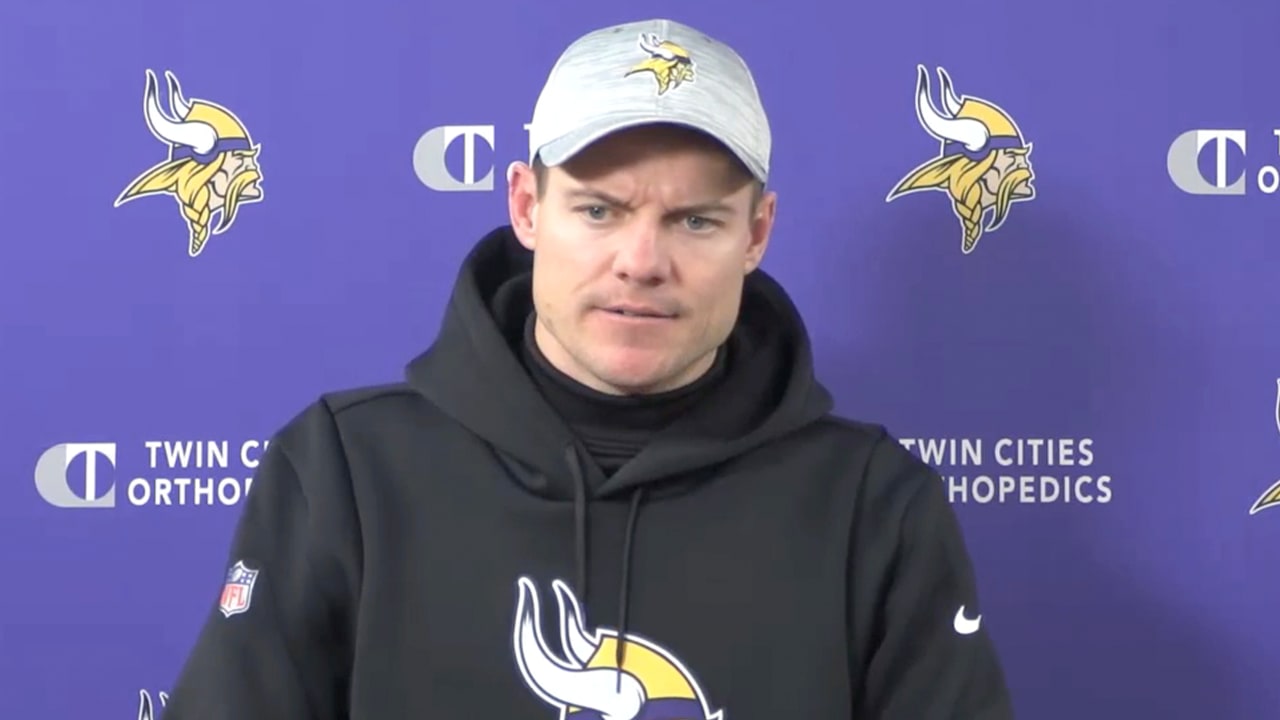 O Connell Recalls Intimidating Experience With Michael Caines Spitting
Apr 25, 2025
O Connell Recalls Intimidating Experience With Michael Caines Spitting
Apr 25, 2025 -
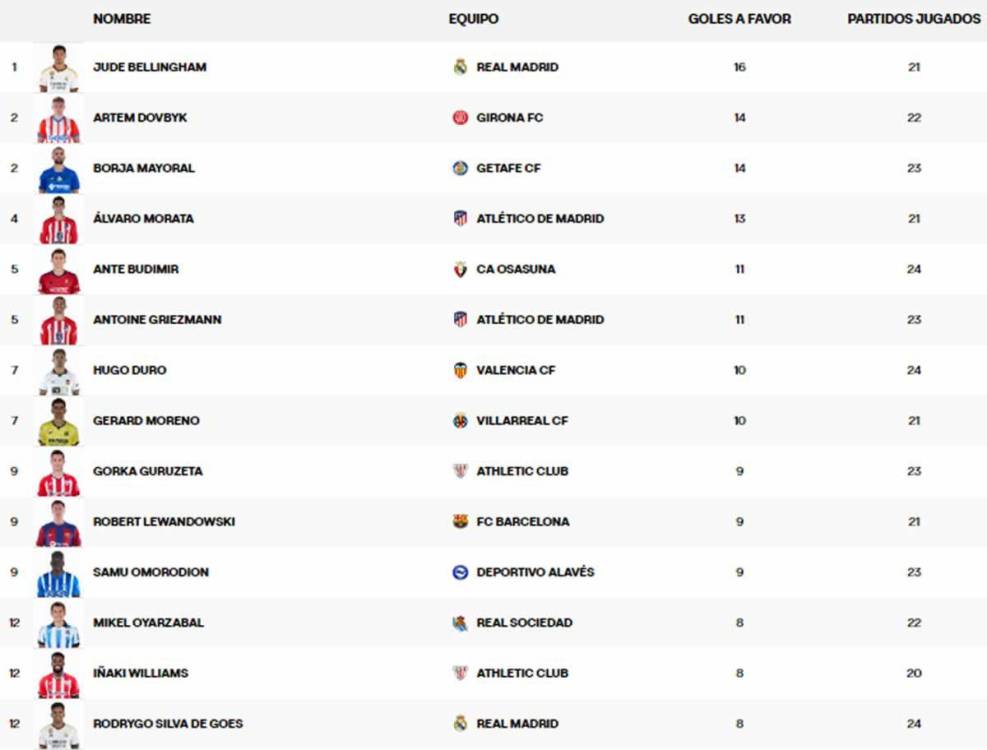 Bota De Oro 2024 25 Actualizacion De La Tabla De Goleadores
Apr 25, 2025
Bota De Oro 2024 25 Actualizacion De La Tabla De Goleadores
Apr 25, 2025
Latest Posts
-
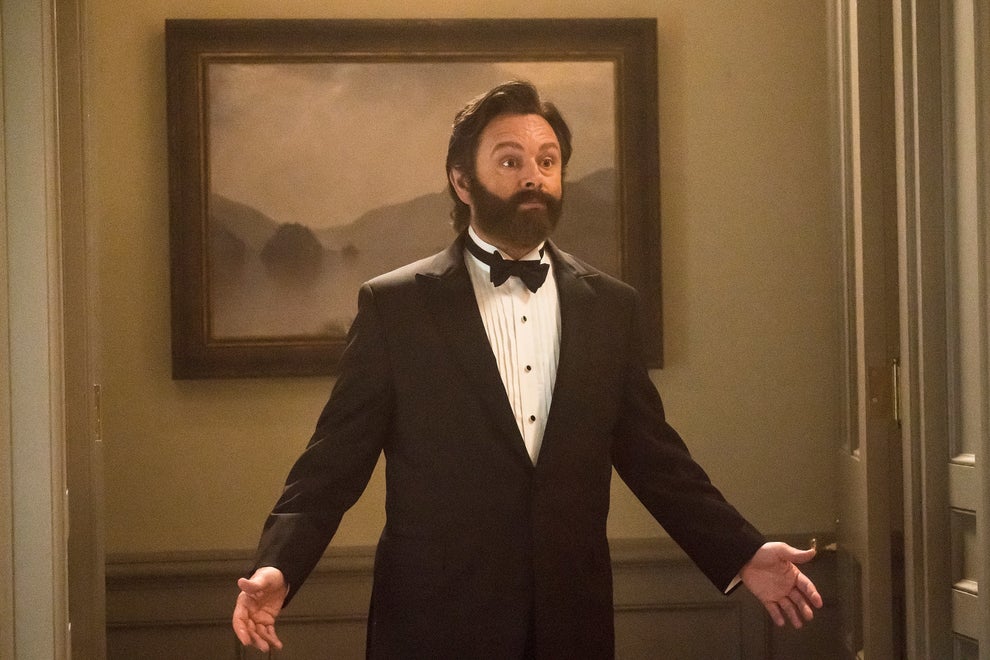 Investigating Michael Sheens Million Pound Gift
May 01, 2025
Investigating Michael Sheens Million Pound Gift
May 01, 2025 -
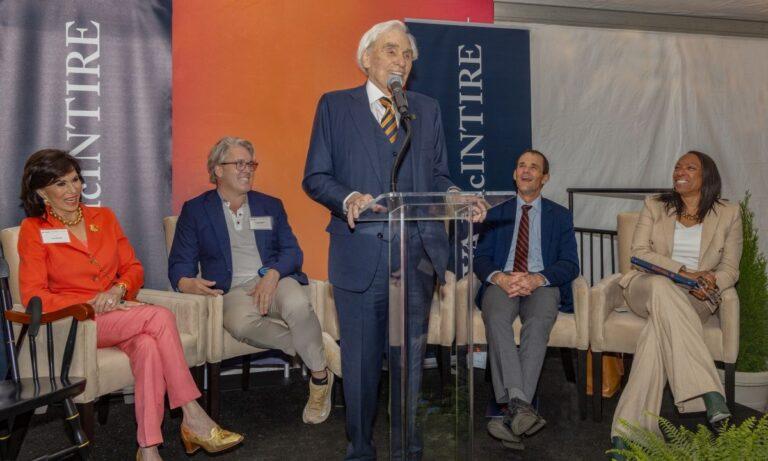 Michael Sheens Generous 1 Million Impact And Transparency
May 01, 2025
Michael Sheens Generous 1 Million Impact And Transparency
May 01, 2025 -
 The Deadliest Food Doctor Says Its Worse Than Smoking And A Major Cause Of Early Death
May 01, 2025
The Deadliest Food Doctor Says Its Worse Than Smoking And A Major Cause Of Early Death
May 01, 2025 -
 Understanding Michael Sheens Recent 1 Million Philanthropic Act
May 01, 2025
Understanding Michael Sheens Recent 1 Million Philanthropic Act
May 01, 2025 -
 The Truth About Michael Sheens Million Pound Charity Initiative
May 01, 2025
The Truth About Michael Sheens Million Pound Charity Initiative
May 01, 2025
